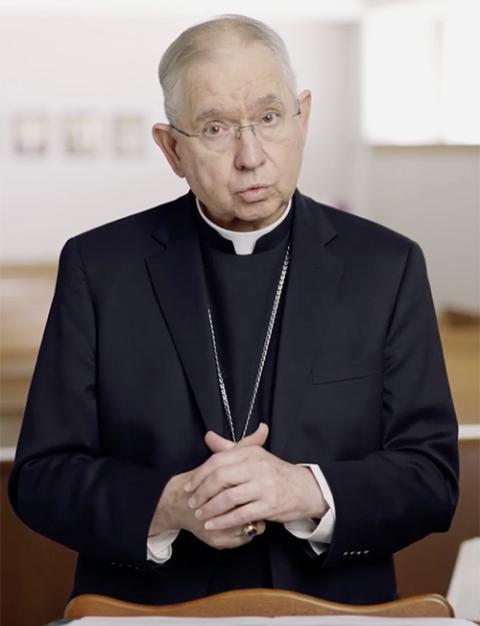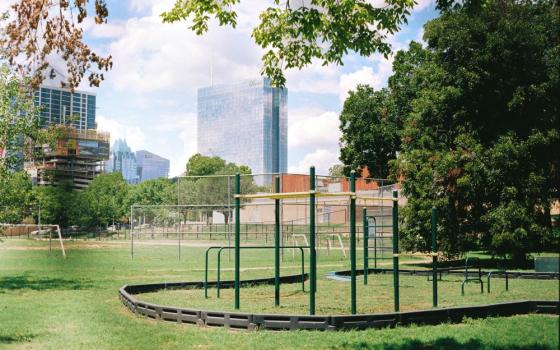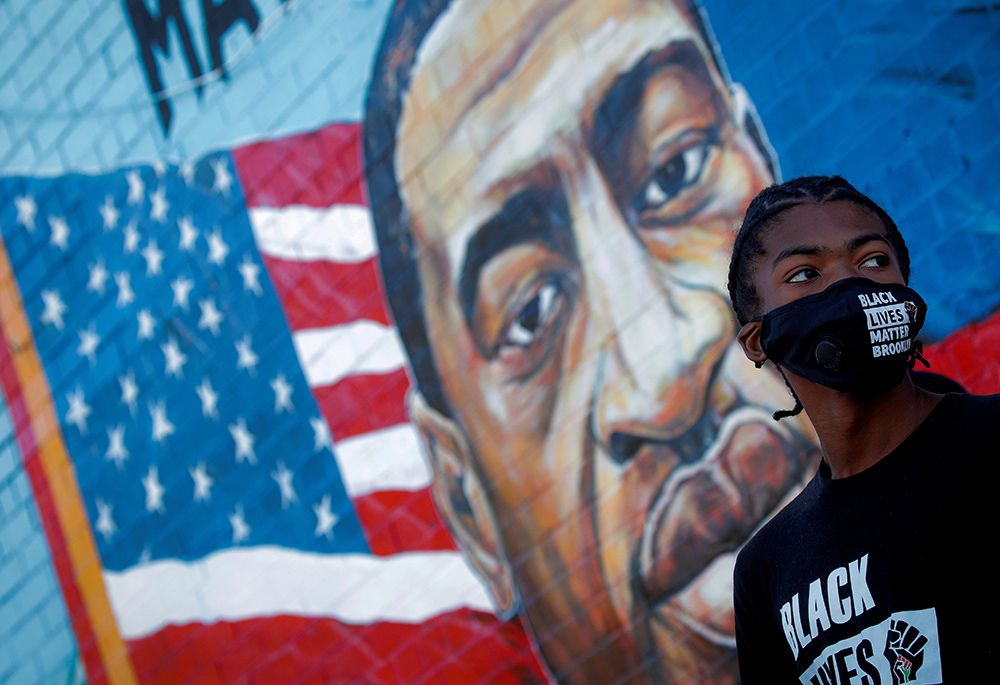
A person in the Brooklyn borough of New York City attends a birthday vigil for George Floyd Oct. 14, 2020; Floyd died at the hands of a white Minneapolis police officer May 25, 2020. Black Catholics told NCR that current realities pertaining to racism demand a deeper commitment from the U.S. bishops. (CNS/Reuters/Brendan McDermid)
Nearly seven years after the U.S. Catholic bishops formed an Ad Hoc Committee Against Racism amid rising white nationalist activity, the United States continues to wade through a troubled chapter in its centuries-long history of racial injustice.
Black people are still killed by police officers at a rate disproportionate to their percentage of the population. New laws in some states limit how racism can be taught in public schools. Attempts to address systemic racism in recent years have been dismissed by right-wing activists as "wokeness," and reframed as examples of reverse racism against white people.
"We live in a country where there are laws banning the discussion of African American history or racism, where in certain school districts Martin Luther King's 'Letter from Birmingham Jail' can't be taught, where voting rights for minorities and poor people are under direct attack," said Fr. Bryan Massingale, a noted theologian at Fordham University.
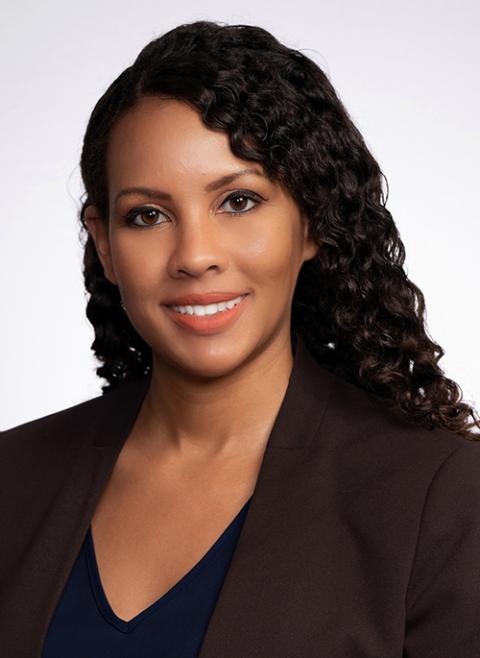
Alessandra Harris is pictured in this undated photo. (CNS/Russell Foote Photography, Courtesy of Alessandra Harris)
Massingale and other Black Catholic leaders, intellectuals, writers and activists told NCR that the current realities pertaining to racism demand a deeper commitment from the U.S. Catholic bishops, who last November voted to reauthorize their ad hoc racism committee for another two years.
"The bishops as a whole need education and conversation with Black Catholics and allies, so they understand our centuries-long struggle for racial justice and rid themselves of stereotypes and fallacies," Alessandra Harris, a Black Catholic author and activist, told NCR.
In extending their ad hoc racism committee through 2025, the bishops — in a vote of 230-11, with one abstention — gave its members a mandate to determine whether the committee should become a permanent part of the conference structure.
The committee has been ad hoc since the bishops' conference created it in the deadly aftermath of the August 2017 "Unite the Right" rally in Charlottesville, Virginia. It is currently the only ad hoc committee out of 18 committees in the bishops' conference.
"The problem with the committee is not that it's an ad hoc committee, though the title tells you the bishops see this as a kind of sporadic or topical concern," Massingale added. "The issue of racism is systemic in the very structures of this country, and therefore it requires a sustained commitment."
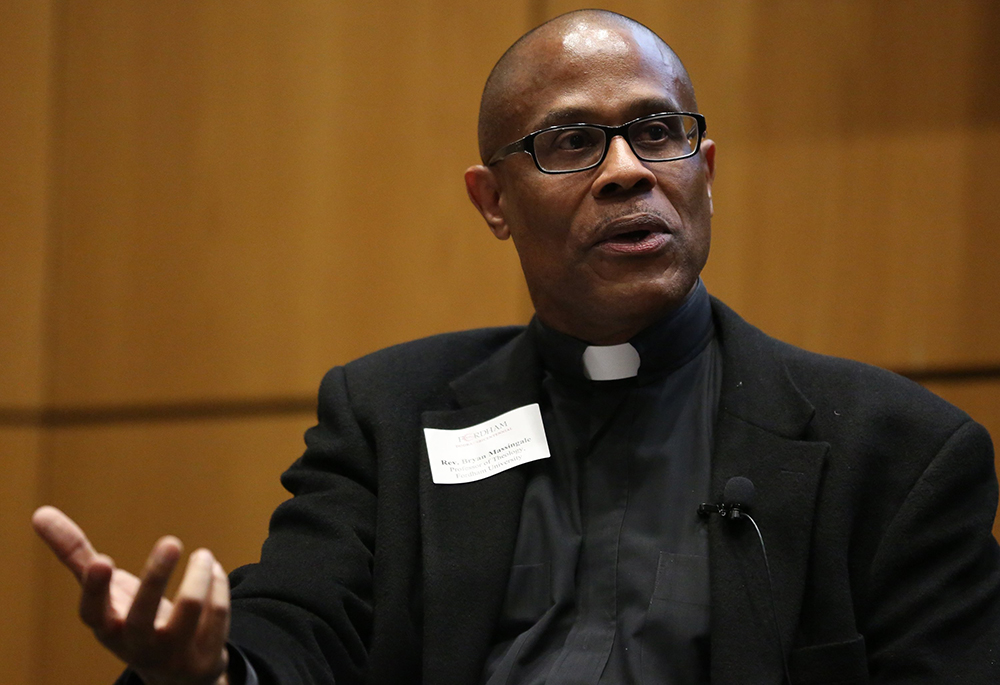
Fr. Bryan Massingale, a theology professor at Fordham University in New York City, is seen during a 2017 panel discussion in New York. (CNS/Fordham University/Bruce Gilbert)
Tia Noelle Pratt, assistant vice president of mission engagement and strategic initiatives and a sociology professor at Villanova University, told NCR that the bishops should make the ad hoc racism committee a permanent fixture because its work is needed.
"There is no reason why the USCCB can't be an institution that is a champion of anti-racism in its own right," said Pratt, who curates the #BlackCatholics Syllabus, a collection of resources related to Black Catholics in the United States.
Bishop Joseph Perry, chairman of the ad hoc committee, told NCR that the ad hoc designation is "how every committee of the [bishops'] conference starts out." He said "there is no doubt" that the bishops are committed to the committee's work.
"We rely on the direction coming from the bishops and their discernment," Perry said in an email.
Perry, a retired auxiliary bishop from Chicago who is Black, said the committee has been engaged in several efforts to grapple with the church's role in racism. He noted that the committee worked alongside the founders of Catholic Religious Organizations Studying Slavery, a collaboration of 15 men and women representing eight dioceses and six religious organizations, that convened in 2021 to study the records of enslaved peoples in official Catholic archives.
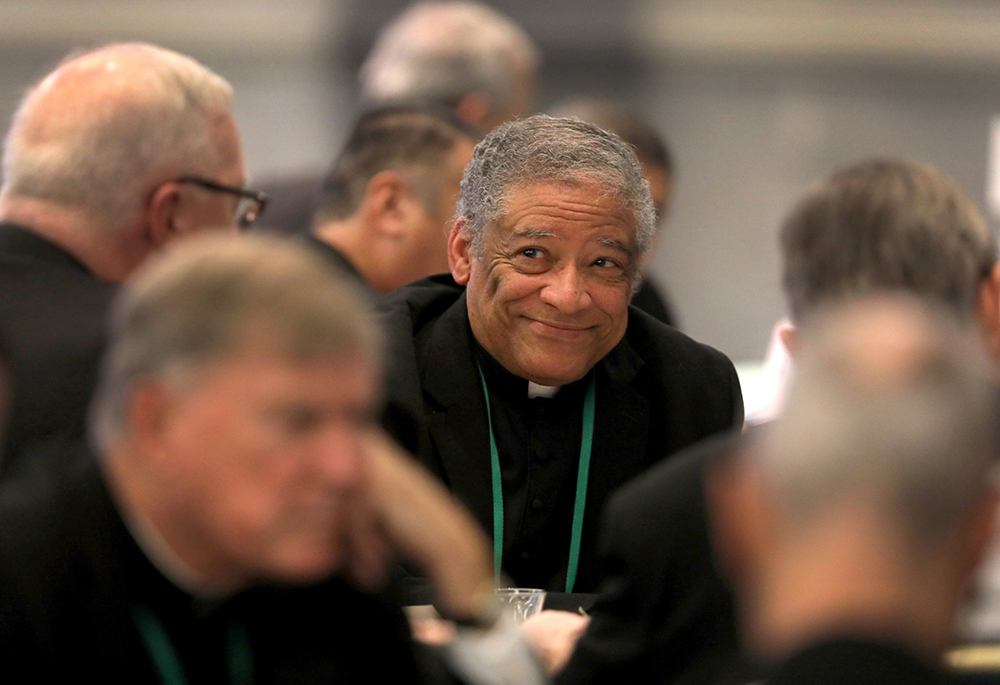
Retired Chicago Auxiliary Bishop Joseph Perry, pictured Nov. 14, 2023, prays during a session of the fall general assembly of the U.S. Conference of Catholic Bishops in Baltimore. (OSV News/Bob Roller)
Serving as the ad hoc racism committee's chairman since May 2023, Perry also said the committee collaborates with other departments in the bishops' conference, and offers guidance at the request of individual bishops who raise issues that arise in public venues in their local churches.
"We offer general support of Catholic institutions as they carry out the Gospel imperative to preach the Gospel to all nations," Perry said.
Since its establishment in 2017, the bishops' committee has organized listening sessions around the country that preceded and followed the 2018 release of "Open Wide Our Hearts: The Enduring Call to Love — A Pastoral Letter Against Racism," issued by the bishops' conference as a whole.
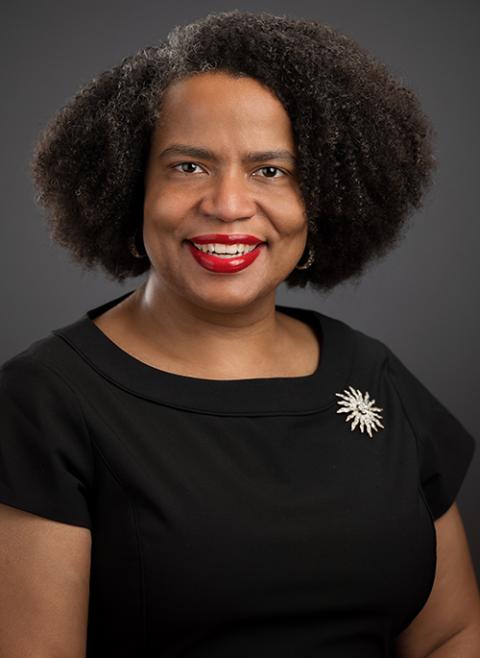
Tia Noelle Pratt (Courtesy of Tia Noelle Pratt)
Pratt said she participated in a listening session the ad hoc racism committee helped organize in Philadelphia after the publication of the document. She said it was helpful to gather and hear from other people, but noticed that the participants were either Black or those who already understood the gravity of racism.
"We find ourselves constantly preaching to the choir, so this is where we need our diocesan ordinaries, our area bishops, to really press this issue and make sure it's something that is everyone's concern, on everyone's' heart and on everyone's mind," Pratt said.
In 2019, the ad hoc racism committee adapted "Open Wide Our Hearts" into a children's book, Everyone Belongs, published by Loyola Press, which won several awards. The committee has also helped produce resources that include anti-racism classroom lesson plans, parish bulletin inserts, special prayers against racism, and materials to celebrate the Sept. 9 feast day of St. Peter Claver.
"We continue identification of racial healing methods and models suitable to the church," said Perry, who added that the committee also has ecumenical partnerships aimed at fostering unity with churches and discussing opportunities for restorative justice.
Advertisement
In 2020, amid nationwide Black Lives Matter protests sparked that year by George Floyd's murder by a white police officer, the chairmen of several bishops' conference committees issued a joint statement saying they were "outraged" to have watched "another video of an African American man being killed before our very eyes."
Nate Tinner-Williams, a Black Catholic journalist and co-founder and editor of Black Catholic Messenger, an online publication, told NCR that the ad hoc racism committee's work is crucial. He highlighted the politically charged debates pertaining to the intersections of racism and the 2024 presidential election and public education, as well as the moves by some conservative lawmakers to ban diversity, equity, and inclusion initiatives in public institutions.
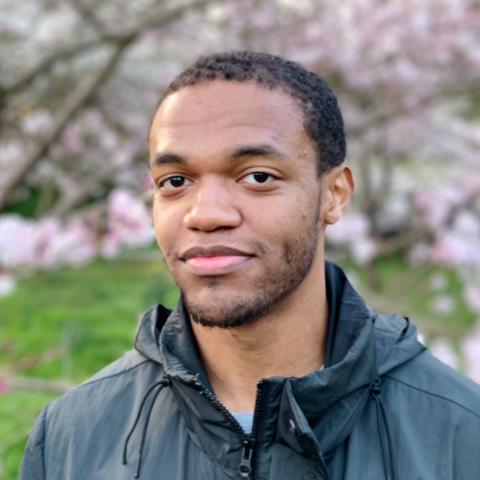
Nate Tinner-Williams was one of the founders of Black Catholic Messenger, an online publication launched in 2020. (Courtesy of Nate Tinner-Williams)
"And the fact is, as it concerns my community, most African Americans interacting with the church are interacting with white Catholics," said Tinner-Williams, who added that the bishops' ad hoc racism committee can serve an important role to help the church better engage the issue.
"There's a lot of opportunity there for education and training, and also for an episcopal response when major issues of racism crop up nationally or locally. I hope that is something like what the committee is focusing on. As committees go, though, you really never know what will happen," Tinner-Williams said.
But despite the committee's work to date and the potential that some Black Catholics say it has to promote racial justice, others say its impact in the church has so far been limited. They highlight the manner in which several leading Catholic bishops and other high-profile Catholics often condemn "wokeness" — a term some conservatives have used to dismiss social justice activism — while echoing right-wing rhetoric against critical race theory.
"Those types of comments and stances have created a fracture between those bishops and people working toward racial justice and equity," said Harris, who also noted a controversial November 2021 speech that Los Angeles Archbishop José Gomez delivered to a Catholic group in Spain.
In that speech, Gomez, who was then the president of the bishops' conference, said some modern social justice movements were Marxist-inspired, anti-Christian "pseudo-religions." Several leading conservative bishops came to Gomez's defense when his comments sparked furor and calls for an apology.
"The manner in which [Gomez] spoke about people involved in the 2020 racial justice movements was deeply damaging for many Black Catholics and allies," Harris said.
The nation's Catholic bishops in recent years have also been conspicuously silent when the Republican-controlled legislatures in some southern states passed "election integrity" bills to impose new voting restrictions that civil rights organizations said would target Black and minority communities.
"And yet the bishops have said nothing about the fact that there is a segment in this country just radically opposed to multiracial democracy," said Massingale, the Fordham theology professor and author of the book, Racial Justice and the Catholic Church.
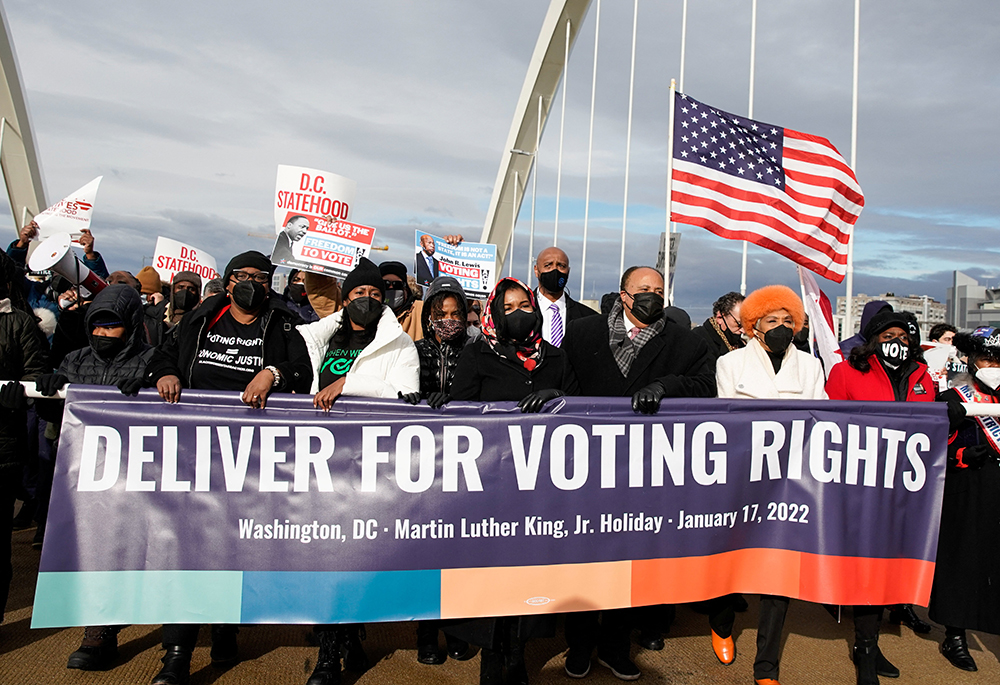
Martin Luther King III, the eldest son of late civil rights activist the Rev. Martin Luther King Jr., and his family take part in a Peace Walk on the Frederick Douglass Memorial Bridge in Washington Jan. 17, 2022, to urge Democrats to pass a law protecting voting rights. (CNS/Reuters/Elizabeth Frantz)
Massingale suggested that the bishops conferences' ad hoc racism committee is not as well known as those that touch on issues the bishops have decided should be priorities, such as their committees on doctrine and pro-life matters.
"The bishops know how to draw attention to an issue when it is something that is a priority for them," Massingale said. "Racism has simply not been a major priority for the bishops' conference. It just isn't. The bishops simply don't see this as an area where they want to expend their moral capital, their moral leadership."
'Racism has simply not been a major priority for the bishops' conference. It just isn't. The bishops simply don't see this as an area where they want to expend their moral capital, their moral leadership.'
—Fr. Bryan Massingale
Perry said the controversies in race relations that have arisen in recent years make the committee's work "more visible and germane to current events." While acknowledging that certain policies and laws may need to be examined to determine their impact and ramifications, he added that "one cannot legislate the human heart."
Said Perry, "The heart is the locus of all change and it is from the Christian perspective that the conversion of mind and heart is what we are after in our work. This is what Christ requires."
"The Gospel imperative to love one's neighbor and the Church's perennial social teaching remain the central fonts for the vision and proclamation of the ad hoc committee's work," said the bishop. "Ultimately, we hope that these seeds are sown in Catholic parishes and institutions as they work to eradicate racism in all its manifestations."

